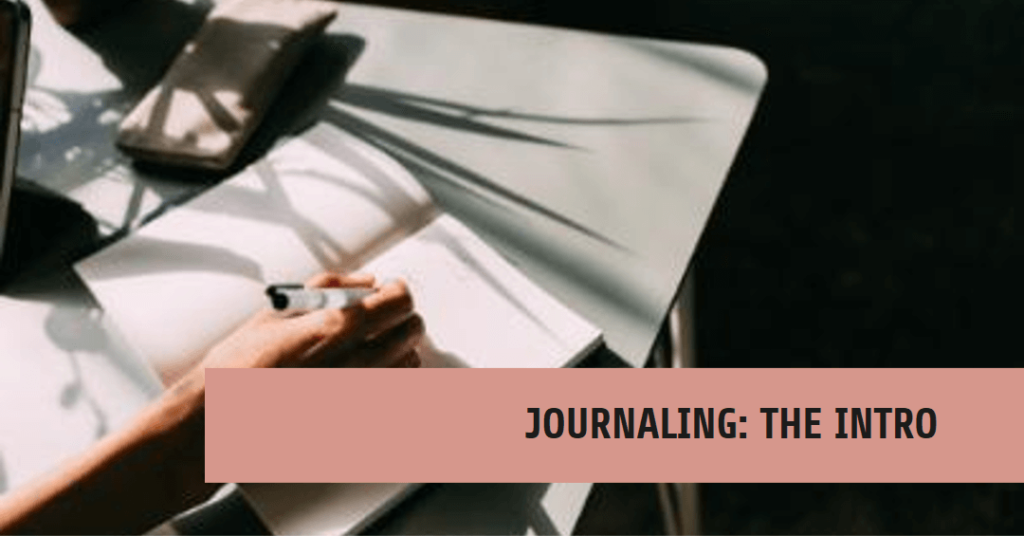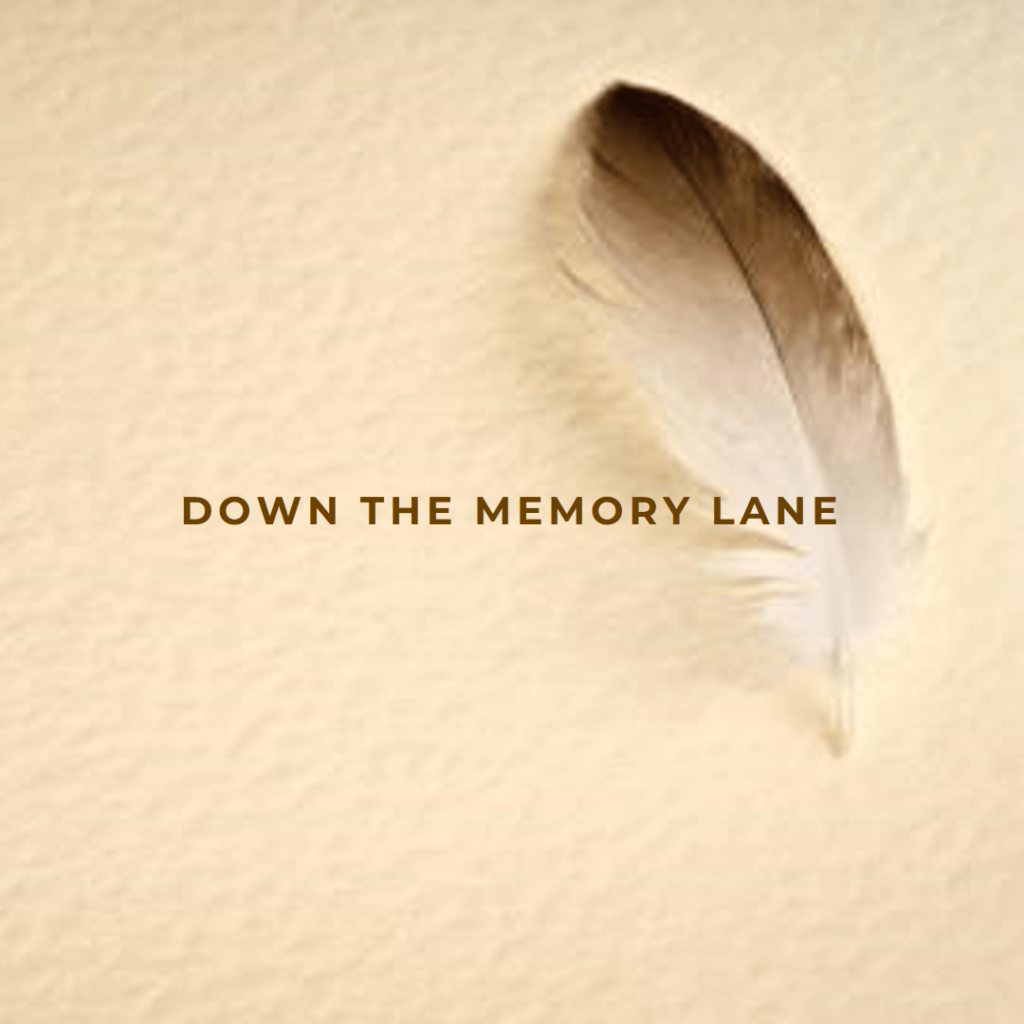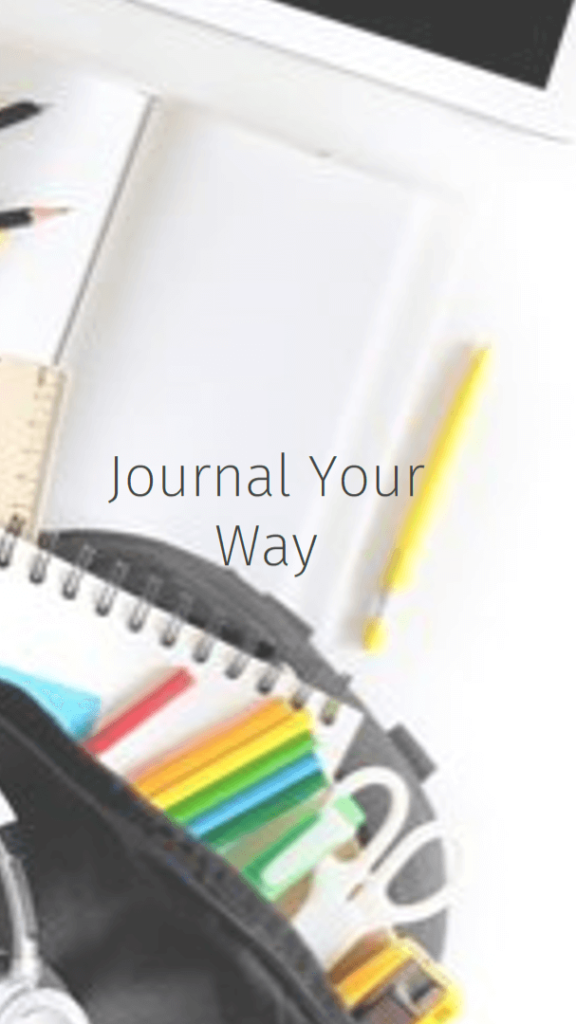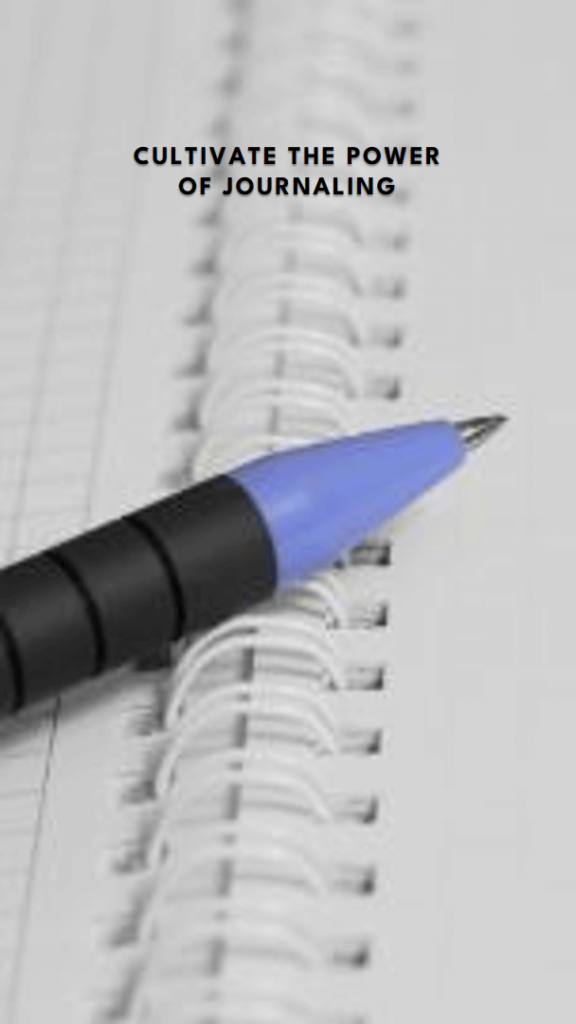A Journey Through Time and Space
In the hustle and bustle of modern life, finding moments of reflection and introspection can be a challenge. Yet, throughout history, humans have turned to the simple act of journaling as a means of capturing thoughts, emotions, and experiences. From the ancient scrolls of philosophers to the digital diaries of today, journaling has evolved into a versatile tool for personal growth, mental well-being, and creative expression. We’ll explore the rich history of journaling, look at its different forms, and learn about the many advantages it provides to people all over the world.

The Ancient Roots
Journaling, in its most primitive form, dates back thousands of years. Ancient civilizations, such as the Egyptians, Greeks, and Romans, kept records of daily life, observations, and reflections on papyrus scrolls and clay tablets.
These early journals served not only as historical artifacts but also as outlets for personal expression and introspection.
Philosophers like Marcus Aurelius and Seneca famously documented their thoughts and musings, providing insights into their inner worlds and guiding principles.
During the Renaissance and Enlightenment periods, journaling flourished as a means of intellectual exploration and self-discovery.

Scholars, scientists, and artists kept detailed notebooks filled with sketches, observations, and ideas. Leonardo da Vinci’s notebooks, for example, are revered for their combination of scientific inquiry and artistic brilliance. Likewise, luminaries such as Voltaire and Virginia Woolf used journals to document their daily lives and literary pursuits, offering glimpses into their creative processes and personal struggles.
The Rise of Personal Diaries

In the 19th and 20th centuries, journaling became more accessible to the general populace with the advent of mass-produced paper and printing technologies.
Personal diaries emerged as a popular form of self-expression, allowing individuals to record their thoughts, feelings, and experiences in private.
From Anne Frank’s poignant diary during World War II to the Beat Generation’s stream-of-consciousness journals, the personal diary became a cherished companion for navigating life’s triumphs and tribulations.
The Digital Age
With the dawn of the digital age, journaling underwent a revolution, transcending the confines of pen and paper. Today, a plethora of digital platforms and apps offer convenient ways to capture thoughts on the go.
From minimalist note-taking apps to multimedia journals, technology has opened up new possibilities for self-reflection and creativity. Digital journaling allows for seamless integration of text, photos, audio recordings, and even location data, providing a rich tapestry of memories to look back on.
Finding Your Medium
While traditional pen-and-paper journaling offers a tactile and intimate experience, digital journaling provides convenience and flexibility. Ultimately, the choice of medium comes down to personal preference and lifestyle. Some may prefer the sensory experience of writing by hand, while others appreciate the organizational features and multimedia capabilities of digital platforms. Experimenting with different mediums can help individuals find the method that best suits their needs and preferences.
Benefits of Journaling
Regardless of the medium, the benefits of journaling are manifold and well-documented. Here are just a few ways in which journaling can enrich your life:

- Mental Health: Journaling serves as a therapeutic outlet for processing emotions, reducing stress, and gaining clarity. Expressive writing has been shown to improve mood, reduce symptoms of anxiety and depression, and enhance overall well-being.
- Personal Development: Keeping a journal fosters self-awareness and introspection, allowing individuals to track personal growth, set goals, and identify patterns of behavior. Reflecting on past experiences can provide valuable insights for making positive changes in one’s life.
- Creativity: Journaling stimulates creativity by encouraging free-flowing thoughts and ideas. Whether through writing, drawing, or collage, journaling offers a creative outlet for self-expression and experimentation.
- Organization: Journaling helps to organize thoughts, tasks, and goals, serving as a repository for ideas, plans, and to-do lists. By jotting down thoughts and priorities, individuals can declutter their minds and stay focused on what matters most.
- Memory Preservation: Keeping a journal preserves memories and experiences for posterity, allowing individuals to revisit moments of joy, triumph, and growth. Whether documenting travel adventures or daily reflections, journaling creates a tangible record of one’s life journey.
Conclusion
Journaling is a timeless practice that transcends cultures, generations, and technologies. Whether through traditional pen-and-paper methods or digital platforms, journaling offers a myriad of benefits for mental health, personal development, and organization. By embracing the art of journaling, individuals can cultivate self-awareness, creativity, and resilience in an increasingly fast-paced world. So why not pick up a pen or open a digital notebook and start journaling today? Your journey awaits! And my little surprise too!

I want to extend a heartfelt thank you for taking the time to read this blog post. I hope it was informative, insightful, and most importantly, useful to you. Mental health is an important topic that affects us all, and I’m grateful for the opportunity to share my thoughts with you.
If you have any thoughts or comments, I encourage you to leave them in the comment box below. Your feedback is essential to me and helps me create content that is tailored to your needs.
If you found this post helpful, please subscribe to my newsletter for more resources and updates on mental health. You can also reach out to me via email if you have any questions or just want to chat. Remember, taking care of your mental health is important, and you are not alone.
Leave a Reply